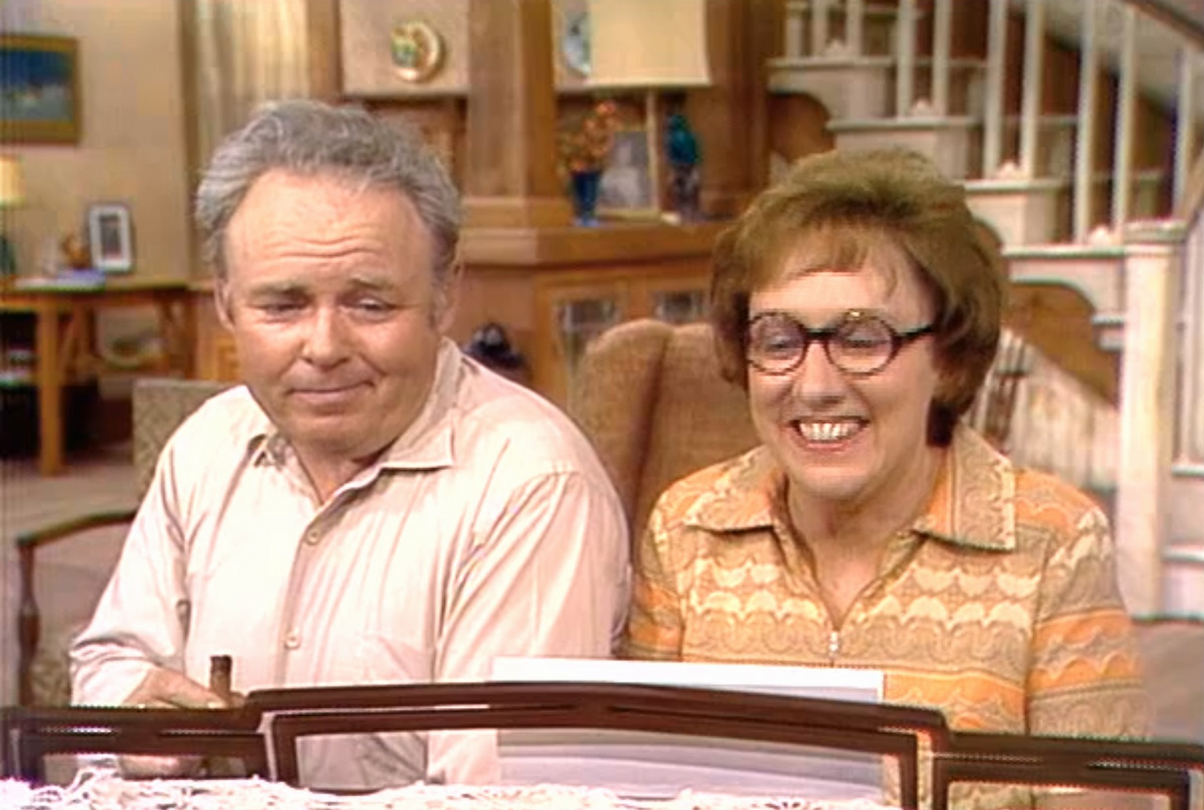
If you’re of a certain generation then you likely recall the theme song to “All in the Family,” a once-popular TV show that aired in the US for 9 seasons, all throughout the 1970s. Sung before a live audience by Carroll O’Connor and Jean Stapleton, the stars of the show, it spoke of a nostalgia for the good old days — a past constantly in tension with the present of the series.
In early 2019 the show was recreated for a special live broadcast, this time with Woody Harrelson and Marisa Tomei in the lead roles of Archie and Edith — the latter the eternally optimistic and long-suffering wife of the grumpy (and yes, openly racist and sexist) former. That Archie and his now outdated views were often the butt of each episode’s joke, as they say, was what made the series so popular for many, for it was broadcast at a time when race, gender, class and even generation relationships in the US were very under the microscope. Continue reading “Guys Like Us”

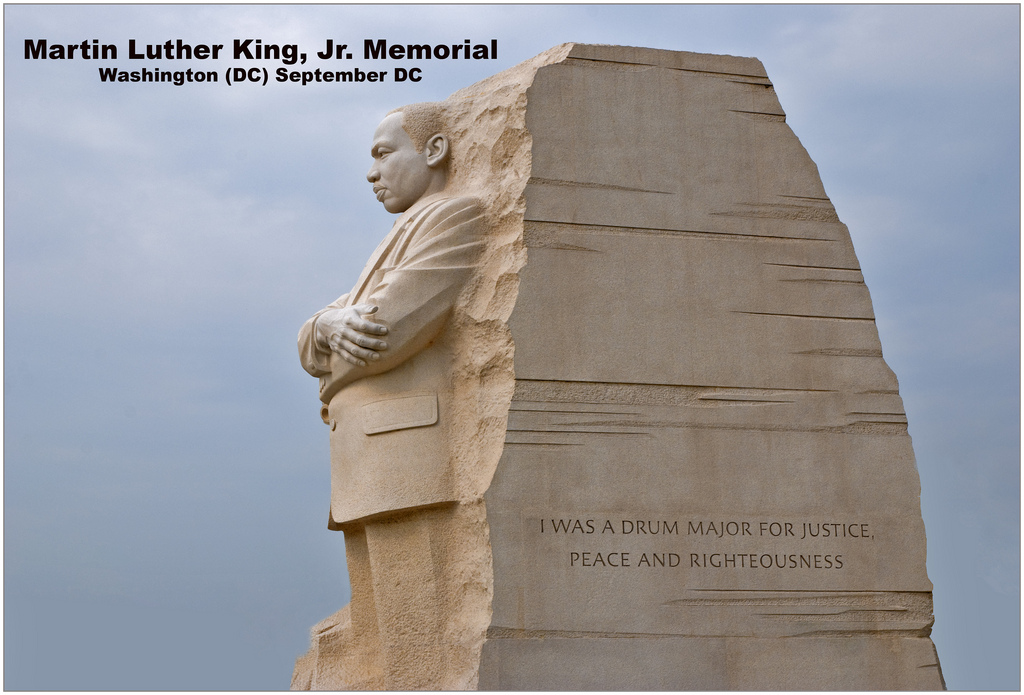

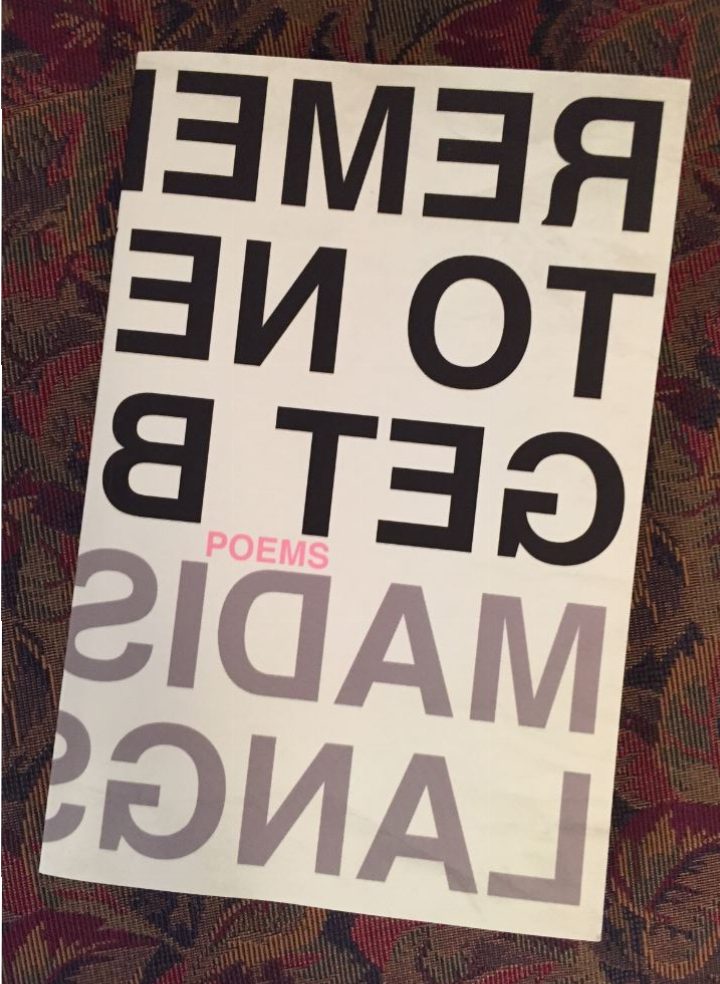

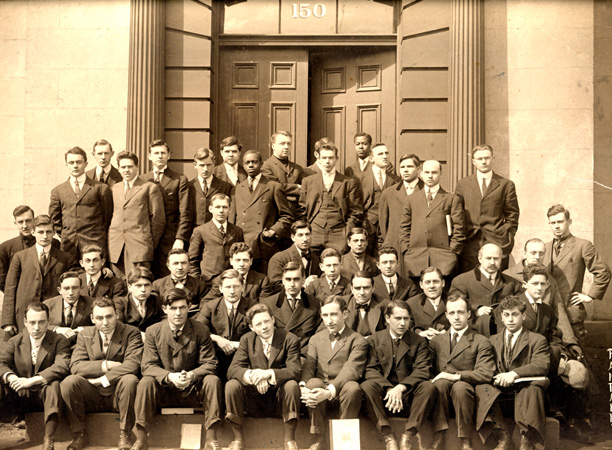
 I remember my dad, when I was younger, talking to a customer at the gas station that my parents owned and operated. The man was complaining about the price of gas going up and up and waxing nostalgic for how much it was years ago.
I remember my dad, when I was younger, talking to a customer at the gas station that my parents owned and operated. The man was complaining about the price of gas going up and up and waxing nostalgic for how much it was years ago. Tonight is the series end to
Tonight is the series end to 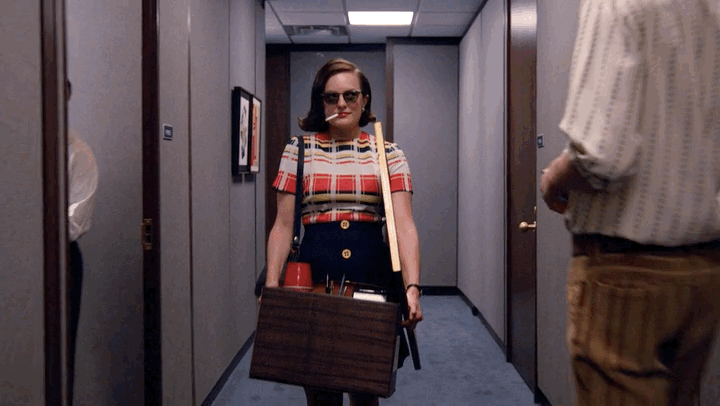


 Here comes
Here comes